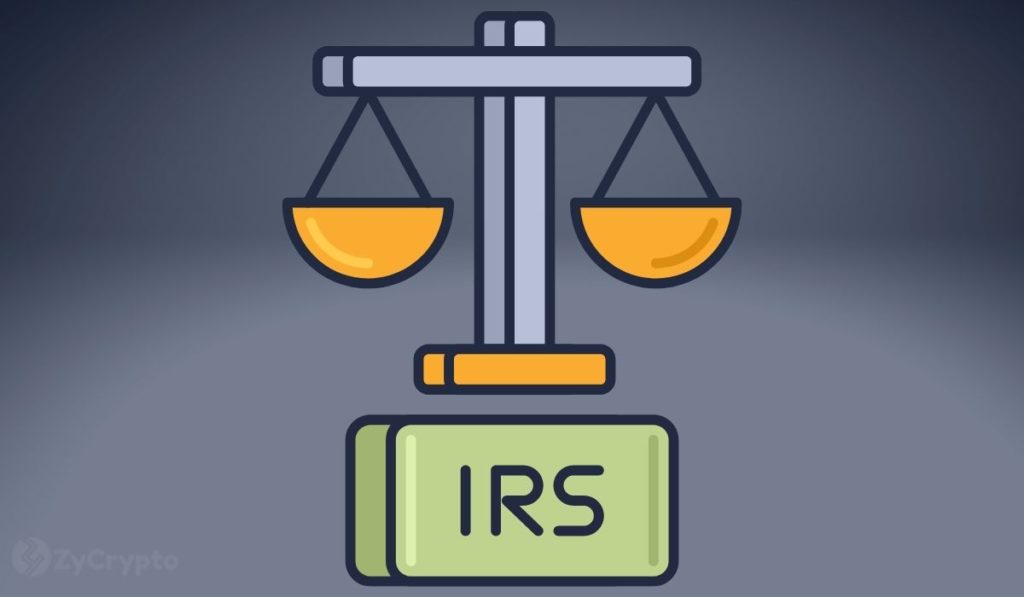
2024-10-10 15:54 |
Married couples in South Korea can now divide cryptocurrency holdings during divorce proceedings, as cryptocurrencies become more involved in asset division cases.
A South Korean law firm, IPG Legal, confirmed that cryptocurrencies like Bitcoin and Ethereum are now recognized as divisible assets in divorce cases.
Under the Korean Civil Act, both tangible and intangible assets, such as digital currencies, can be included in the division of marital property.
The clarification came amidst an uptick in cryptocurrency ownership in the nation, which has added complexity to asset division during divorce cases.
According to IPG Legal, a 2018 ruling by South Korea’s Supreme Court confirmed that cryptocurrencies and other virtual assets have economic value and are treated as property under the law.
With digital assets considered property, when a spouse is aware of their partner’s crypto holdings but unsure of which exchange is being used, they can analyze bank withdrawals and use “forensic investigations” to trace crypto transactions.
Once these transactions are identified, courts can request further investigation.
Since blockchain provides a “permanent record of transactions,” tracking cryptocurrency is generally easier than traditional cash. This, combined with bank records, can help uncover any undisclosed crypto assets.
When it comes to dividing these assets, couples can either sell the cryptocurrencies and split the money or simply divide the digital assets directly.
As cryptocurrency ownership grows globally, other countries face similar legal issues. In the UK, lawmakers have proposed a bill to classify digital assets, including cryptocurrencies and NFTs, as personal property.
If passed, it would set guidelines for resolving disputes over crypto ownership in divorces or business disputes.
South Korea’s relationship with cryptoDespite South Korea’s recognition of cryptocurrencies in divorce settlements, digital currencies like Bitcoin are not considered legal tender within its borders.
Earlier this year, cryptocurrencies were excluded from the Enforcement Decree of the Act on Collection and Use of Donations.
However, donations using Korean won-pegged stablecoins and blockchain-powered e-gift vouchers issued by local governments were allowed.
South Korea has also been proactive in regulating its growing cryptocurrency sector, with a focus on consumer protection.
Last month, regulators announced plans to inspect on-chain transactions to detect illicit activity and ensure compliance with regulations established under the Virtual Asset User Protection Act (VAUPA).
VAUPA, enacted in July, aims to enhance consumer protection and enforce stricter rules for the cryptocurrency industry.
One of the key mandates requires virtual asset service providers to keep at least 80% of users’ assets in cold storage to protect them from cyber threats.
At the same time, interest in cryptocurrency among South Koreans, especially younger investors, has grown.
A report from Upbit and Bithumb showed that by the end of 2023, 3,759 South Koreans had crypto accounts worth over 1 billion won ($750,000).
Of those, 185 were in their 20s, making them the third-largest group, with many holding Bitcoin.
The post South Korean divorce law now recognizes cryptocurrencies as marital property appeared first on Invezz
origin »Bitcoin price in Telegram @btc_price_every_hour
North Korean Won (KPW) на Currencies.ru
|
|




















